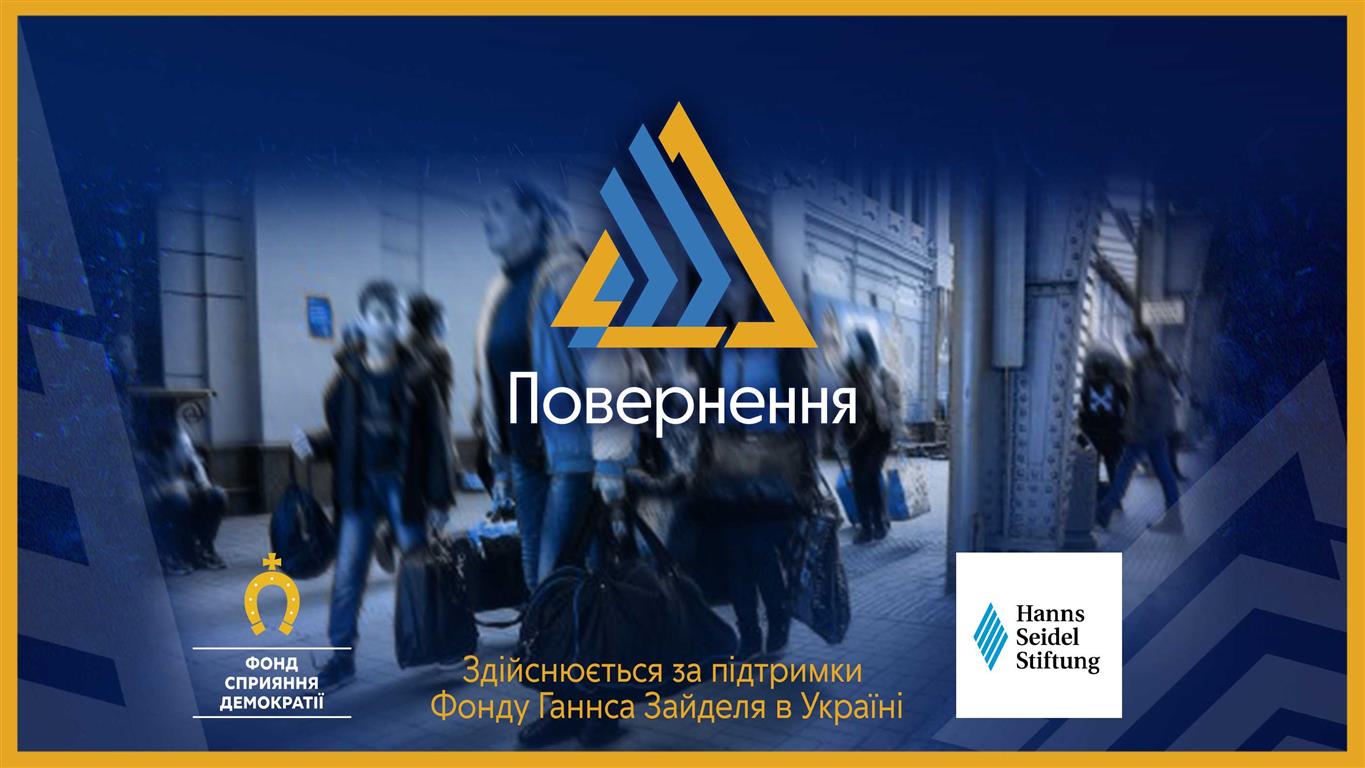According to the United Nations Human Rights Office (UNCHR), the number of refugees from Ukraine abroad as of September 2023 is 6,203,600, of which 5,834,400 are in Europe. The largest number is in Germany – 1,094,155 and Poland – 959,875.
At the same time, approximately 10-12 million citizens have already returned to Ukraine after leaving for various periods of time. The main reasons for returning:
- expiration of the period of temporary protection in the country of residence;
- a desire to reunite with their families in Ukraine;
- financial, housing and job search problems;
- problems with the medical system of the host countries, especially for people with chronic diseases;
- language barrier.
They were also motivated to return by such unobvious reasons as the feeling that the danger to life and health in Ukraine had disappeared, as well as the fear of losing their jobs in Ukraine, which they had before the full-scale invasion.
At the same time, the main problems Ukrainians face upon return are:
- financial problems due to the loss of savings and work;
- loss of housing and property for those affected.
In addition, the following can be noted:
- Some Ukrainians, living abroad and exclusively on welfare, have lost their skills and motivation to work;
- after returning have a problem with negative attitudes toward those who remained Russian-speaking, while Ukraine has undergone rapid and natural Ukrainization;
- Some of those who returned have fears of hostile attitudes towards them because of their absence during the most acute phase of the war.
On the other hand, Ukrainians are gradually assimilating abroad. At the same time, in addition to objective reasons (e.g., destroyed housing in Ukraine), many people face psychological problems (e.g., unwillingness to see their hometown destroyed) and lack of professional or social prospects in Ukraine. Another important factor is the influence of Russian propaganda and the objective desire of host countries to retain the most qualified or cheapest labor force.
The above indicates a significant complex problem created by Russia’s unprovoked full-scale invasion.
The #Return project envisages a comprehensive approach to solving this problem, including the following plans:
- Conducting comprehensive analytical research to develop proposals for addressing key issues and surveying refugees to investigate their basic motivations and refine data for analytical research.
- Continuous monitoring of destructive Russian influences and development of proposals for counteraction and prevention.
- Conducting comprehensive online training (with the possibility of working with recorded lectures) to help with the language and psychological adaptation of those returning to Ukraine, training in safe stay in the conditions of ongoing hostilities and rocket attacks (including preparation for staying in extreme conditions in case of damage to energy infrastructure).
Online learning involves:
- 12 online trainings in October-December 2023.
- Certificate of completion.
- Support from experts in psychology, law, and security.
Plan of the first lectures for October:
- 05.10: “Returning home: adapting to life in the conditions of the ongoing armed conflict”
- 12.10: “Language and culture of a single country: how to quickly switch to Ukrainian”
- 19.10: “Return: security, resilience, cohesion”
All events start at 19:00
Who are these trainings for?
- Ukrainians who have returned or are planning to return from abroad.
- Government officials, volunteers, civic activists, and journalists.
- Anyone who wants to contribute to building trust and understanding in Ukrainian society.
Participation is completely free!
Register in the questionnaire here: https://bit.ly/rel_ua
After registering, you will receive an invitation to each training by email!
The #Return project is a joint project of the NGO Democracy Support Foundation and Hanns Seidel StiftungUkraine/Hanns Seidel Foundationin Ukraine .


Leave a Reply